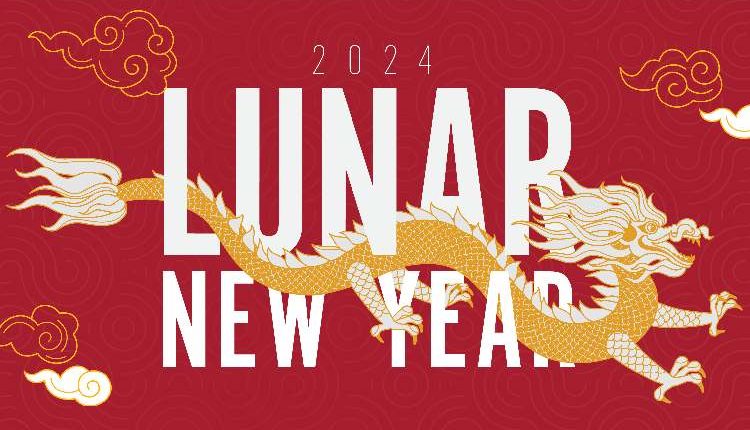China’s eight-day Lunar New Year holiday boosted tourism spending by 47.3 per cent year-on-year (YoY) as domestic travel increased, topping pre-COVID levels, Reuters reported citing official data on Sunday.
As the country’s economy has been struggling with deflationary risks due to low consumer demand, the data provides policymakers with some short-term relief. However, it’s still unclear how long the tourism boost will last.
Massive crowds flocked to tourist destinations across the nation during the holiday, which is recognised as the largest annual migration in the world.
The Ministry of Culture and Tourism’s data shows that domestic tourism spending increased 7.7 per cent from pre-COVID levels in 2019 to 632.7 billion yuan ($87.96 billion), a 47.3 per cent increase from the same holiday period in 2023.
During the holiday this year, 474 million domestic trips were made, up 34.3 per cent from the previous year and 19 per cent above the pre-pandemic levels of 2019. In 2019, the holiday lasted for seven days.
Moreover, this year’s holiday spent an average of 1,335 yuan per trip, according to Reuters calculations based on ministry data. In contrast, each trip cost 1,238 yuan in 2019.
The holiday that is called the Spring Festival, is a time when hundreds of millions of people typically travel back to their hometowns by car, train, or airplane to spend time with their families.
According to the National Immigration Administration, China saw 13.52 million inbound and outbound international travels during the holiday, which is 2.8 times more than that of the same period last year. The administration reports that during the holiday, the total number of entry-exit trips reached 90 per cent of the levels recorded in 2019.
Additionally, the country’s box office profits surpassed 8 billion yuan, as going to the cinema is one of the most popular activity during the holiday.
Since last year, the economy has faced several difficulties, such as a slump in the housing market and weak demand. As a result, policymakers have had to lower interest rates in order to boost growth, even though many developed nations were concentrating on bringing down persistently high inflation.
China’s central bank maintained a key policy rate on Sunday when it rolled over maturing medium-term loans, continuing the government’s careful balancing act to support the economy at a time when indications of deflationary pressures demand for more stimulus measures.
Lunar New Year
Lunar New Year is the first full moon in the lunar calendar.
The lunisolar nature of the traditional Chinese calendar is derived from astronomical observations of the phases of the Moon and the Sun’s location in the sky.
Furthermore, every year is represented by one of the twelve animals found in the Chinese Zodiac. The year 2024 is the year of the dragon. The dragon represents omnipotence, harmony, and might.


